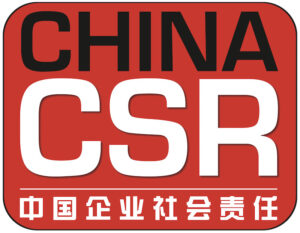Unilever's Lipton tea brand in China has come under scrutiny by global environmental firm Greenpeace for reportedly failing safety standards.
In a press release from Greenpeace, the organization alleges that its investigation has found that Lipton sold tea bags to Chinese consumers that violated Chinese laws and failed European Union safety standards.
In March 2012, Greenpeace says it randomly purchased several boxes of Lipton tea bags produced and sold in China at two Beijing stores. The samples, which included green tea, oolong tea, jasmine tea and black tea, were then sent to an independent third-party lab for pesticide residue testing.
"This was a random selection of Lipton products from the Chinese market, and the results were scary. It also puts a big question mark over the safety of Lipton products in other markets," said Greenpeace Food and Agriculture Campaigner Wang Jing.
According to Greenpeace, the testing found that all four Lipton samples contained pesticides that exceeded the EU's maximum levels of residue, while three samples contained pesticides unapproved by the EU, such as Bifenthrin, which scientists say could negatively affect male hormone production.
Some of the detected pesticides are also apparently banned for use in tea production by the Chinese Ministry of Agriculture, including highly toxic Methomyl, as well as Dicofol and Endosulfan that may affect fertility.
Greenpeace's statement says it demands Lipton and other tea companies operating in China drastically reduce the use of pesticides, stop the use of banned and highly toxic pesticides altogether, and establish an effective traceability and supply chain control system that ensures the reduction of pesticide use and its compliance with the law.

